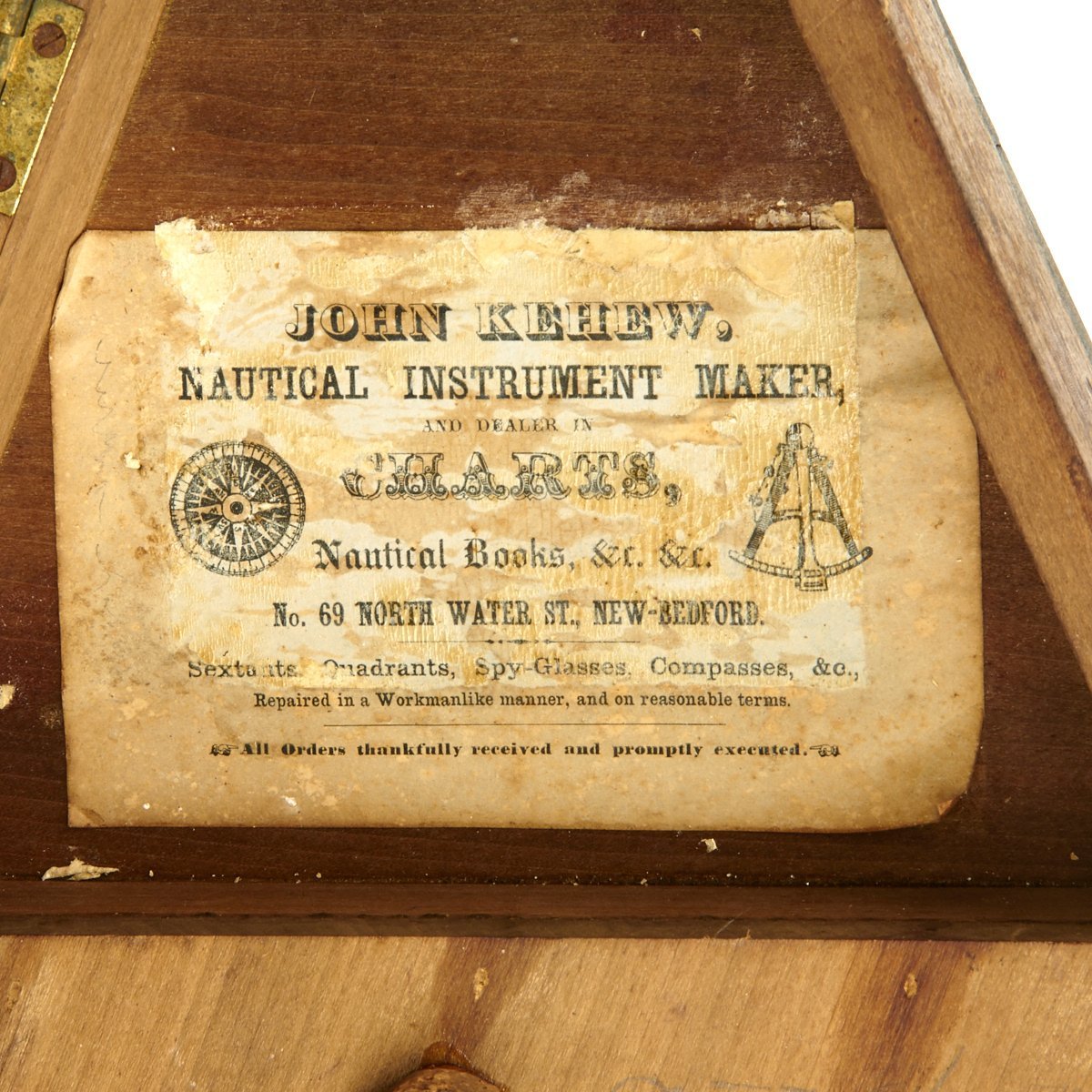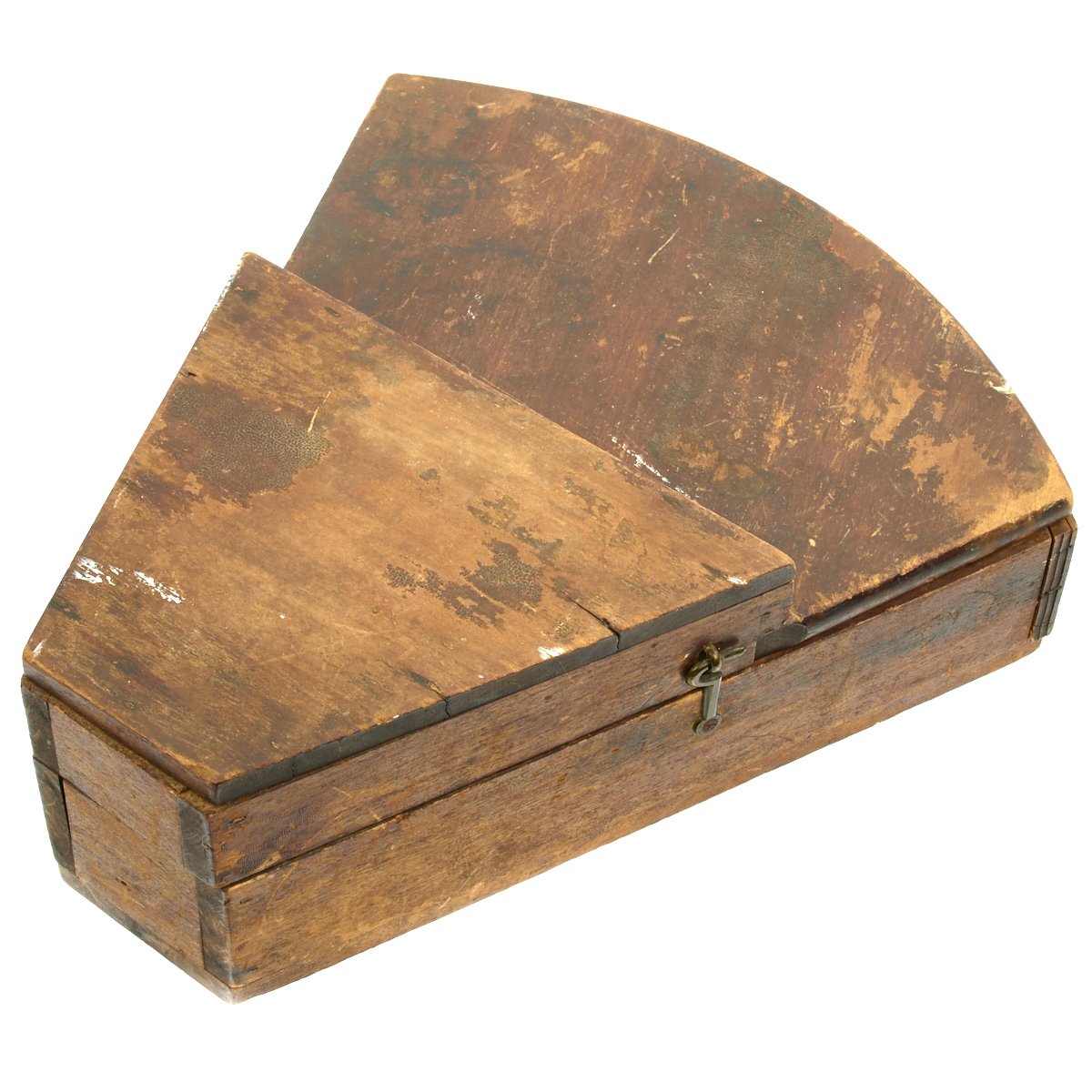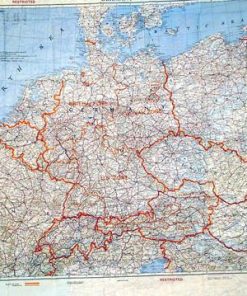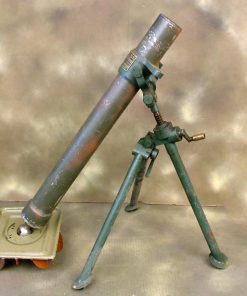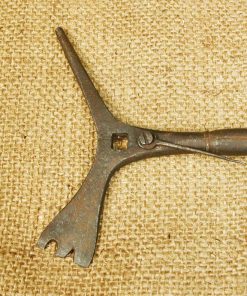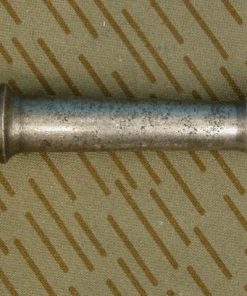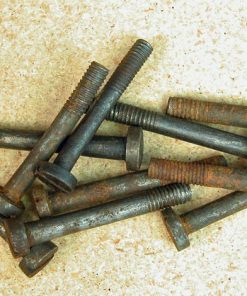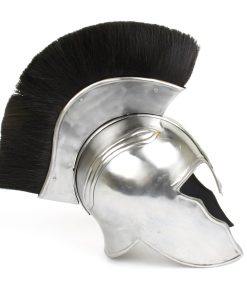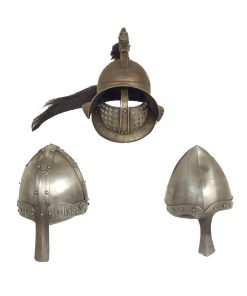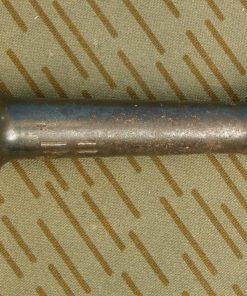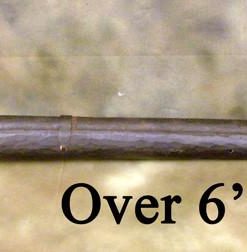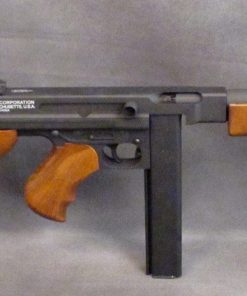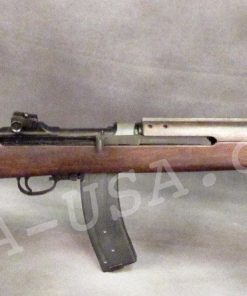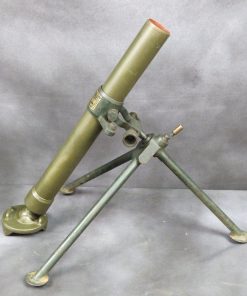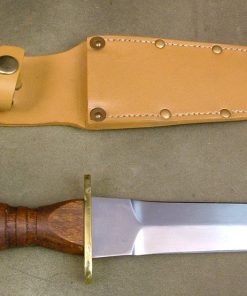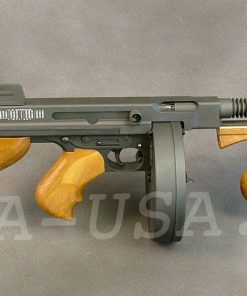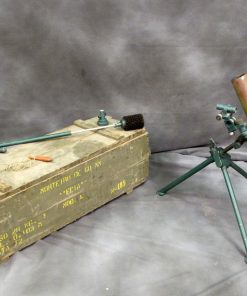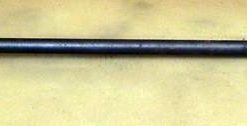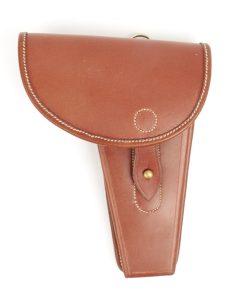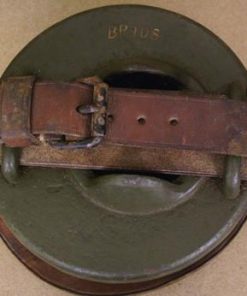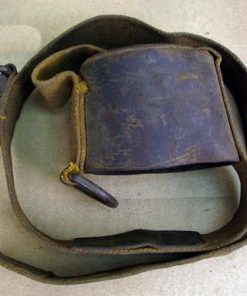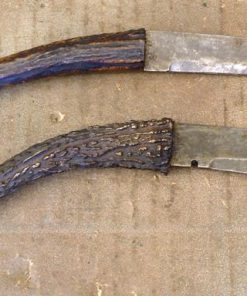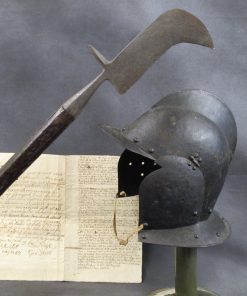Original British Ship’s Octant by Spencer & Co. London – Sold in Massachusetts and Named to Capt. J. Jones Original Items
$ 895,00 $ 223,75
Original Item: One of a Kind. Spencer & Company worked in LONDON, England between 1788 and 1840, but in the later years were known as Spencer, Browning and Rust Company. Nautical Instruments have been the life blood and Ocean Navigation since ancient times. Sextants, Octants and Quadrants: all played their part however you need to know what you are talking about to tell the differences in applications and uses.
An octant was intended for measuring altitudes above the horizon, so an angular range to 90 degrees was all that was necessary and a measurement to within a few minutes of arc was usually adequate for navigation. It was the predecessor of the Sextant, which had an extended angular range that allowed a large number of uses.
Here we have what we understand is an “OCTANT”, which has a maximum angle measured of 110 degrees, short of the typical 140 read by a sextant. This fine example made by a well established London Maker, SPENCER & Co. of LONDON, who were in existence from 1788. This example is made apparently of an Ebony frame with brass fittings and inlaid with inscribed Ivory or Bone. It measures approximately 13 inches by 10 inches.
The octant comes in its wooden case, which measures 14 inches by 12 inches, and has a very interesting trade label glued onto the inside, indicating the retailer it was last purchased from:
JOHN KEHEW,
NAUTICAL INSTRUMENT MAKER,
AND DEALER IN,
CHARTS,
Nautical Books, &c. &c.
No. 69 NORTH WATER ST., NEW-BEDFORD.
New Bedford, Massachusetts was a big center of the Whaling industry during the late 18th and early 19th centuries, which is right around the time period this octant is from. North Water Street is today in the heart of historic New Bedford, and No. 69 is just across the street from the New Bedford Whaling Museum.
This set was purchased many years ago from the foremost dealer in New England Whaling items, who is now long deceased. He stated that it was used on the Whaling Ships that traveled World’s Ocean looking to harvest these magnificent creatures for among other things their OIL. The instrument itself in inscribed CAPT. J. JONES, who possibly was a Whaling Ship Captain, a great research opportunity. In fine condition, and we assume complete, though we do not know how to use the instrument. There is also some degradation to the mirrors that allow it to function. The three colored lenses still move correctly, tough a lot of the workings have not moved in quite some time, so it could use a good servicing and cleaning.
Comes still in its original pine case, which is in fine condition, ready to Display or use!
Fast Shipping with Professional Packaging
Thanks to our longstanding association with UPS FedEx DHL, and other major international carriers, we are able to provide a range of shipping options. Our warehouse staff is expertly trained and will wrap your products according to our exact and precise specifications. Prior to shipping, your goods will be thoroughly examined and securely secured. We ship to thousands clients each day across multiple countries. This shows how we're dedicated to be the largest retailer on the internet. Warehouses and distribution centres can be located throughout Europe as well as the USA.
Note: Orders with more than one item will be assigned a processing date depending on the item.
Before shipping before shipping, we'll conduct a thorough inspection of the items you have ordered. Today, the majority of orders will be delivered within 48 hours. The delivery time will be between 3-7 days.
Returns
The stock is dynamic and we cannot completely manage it because multiple stakeholders are involved, including our factory and warehouse. So the actual stock may alter at any time. It's possible that you may not receive your order once the order has been made.
Our policy is valid for a period of 30 days. If you don't receive the product within 30 days, we are not able to issue a refund or an exchange.
You can only return an item if it is unused and in the same state as the day you received it. You must have the item in its original packaging.
Related products
Uncategorized
Uncategorized
Uncategorized
Uncategorized
Uncategorized
Armoured Fighting Vehicles of the World: AFVs of World War One (Hardcover Book) New Made Items
Uncategorized
Uncategorized
Uncategorized
Uncategorized
Angolan Rebel 1970s era 60mm Inert Display Mortar from Angolan Civil War Original Items
Uncategorized
Uncategorized
Uncategorized
Uncategorized
Uncategorized
Uncategorized
Uncategorized
Uncategorized
Uncategorized
Armored Burgonet Helmet & Polearm from Scottish Castle Leith Hall Circa 1700 Original Items




